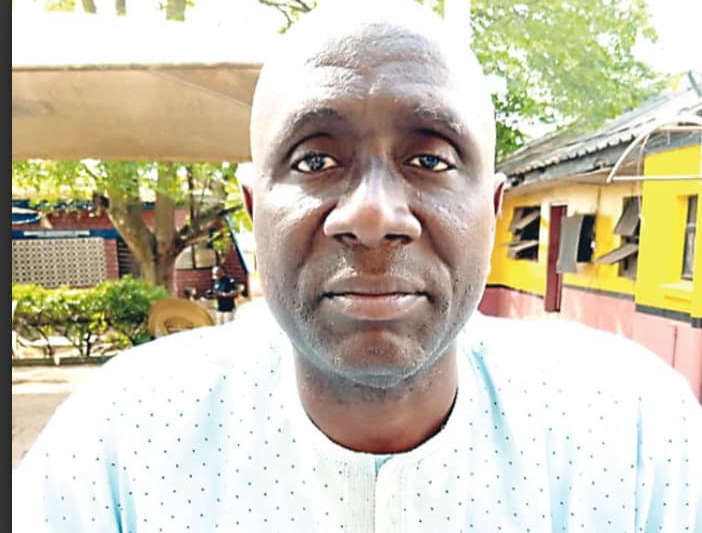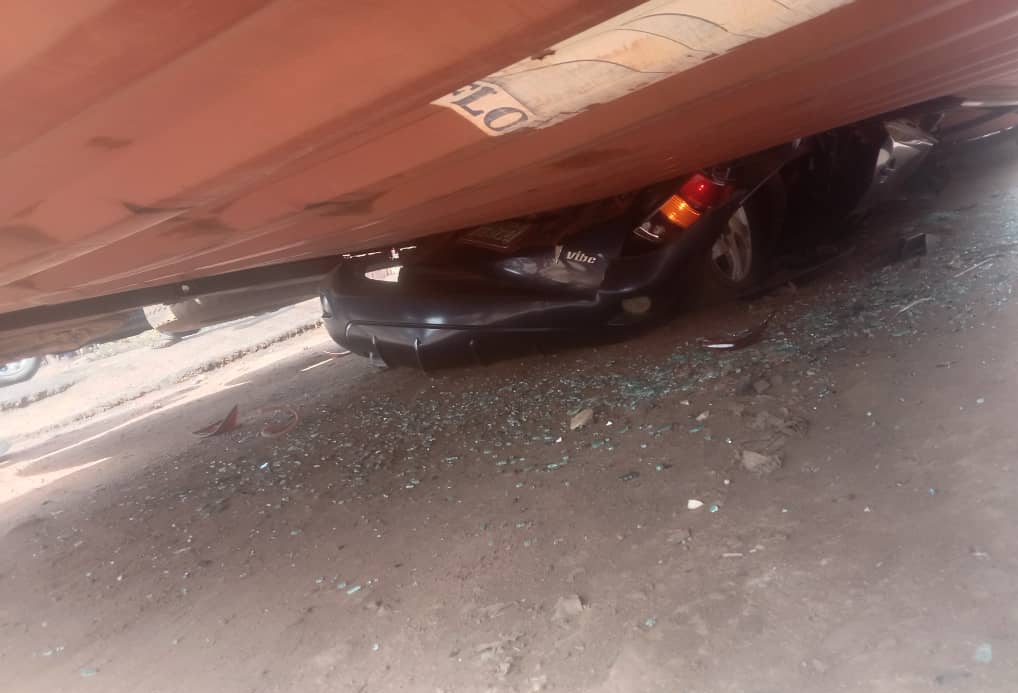JUST IN: Anti-corruption agency invites 2 principals – in Ogbomoso, Saki
Khalid ABRAHAM
Principals of two public secondary schools in Oyo state have reportedly been summoned by the Oyo State Anti-Corruption Agency (OYACA) over petitions allegedly written against them.
insightonline.com was reliably informed that the principals whose identities were not however disclosed though “one is in Ogbomoso while the other is in Oke-Ogun,” are to face allegations of “illegal collection of money in their respective schools.”.
Advertisement
A source at OYACA also informed, “We received petitions against the two principals under TESCOM (Oyo State Post Primary School Teaching Service Commission) and we have invited them to defend themselves.”
Asked for details the source however declined, firing back, “You want me to disclose the petitions against them to you? Until they show up. But this is in pursuant to Section 31 of the Oyo State Anti-Corruption Agency Law 2019.”

It is further learnt the two principals are to be interrogated Tuesday August 1, at the anti-corruption agency office in Ibadan, Oyo state capital.
The Oyo State House of Assembly passed the Oyo State Anti-Corruption Agency Law, 2019 that was later assented to on December 10, 2019, by Governor Seyi Makinde.
The law aims to “establish the Oyo State Anti-Corruption Agency (the “Agency”), to check corruption in the state and other related matters. In this context, corruption means unlawful gratification given or promised to any person in the performance of his duties.
Advertisement

“The Law specifically frowns at monies, fees, donations, loans, gifts, reward, office, dignity, valuable security, property or interest in property (being property of any description, whether movable or immovable), given or promised to be given as consideration for the performance of a public administrative duty.
“The Agency was established by the virtue of the Oyo State Anti-Corruption Agency Law, 2019. The activities of OYACA would plug revenue leaks in the government purse and stop the act of mismanagement of office by public office holders and government workers.”




